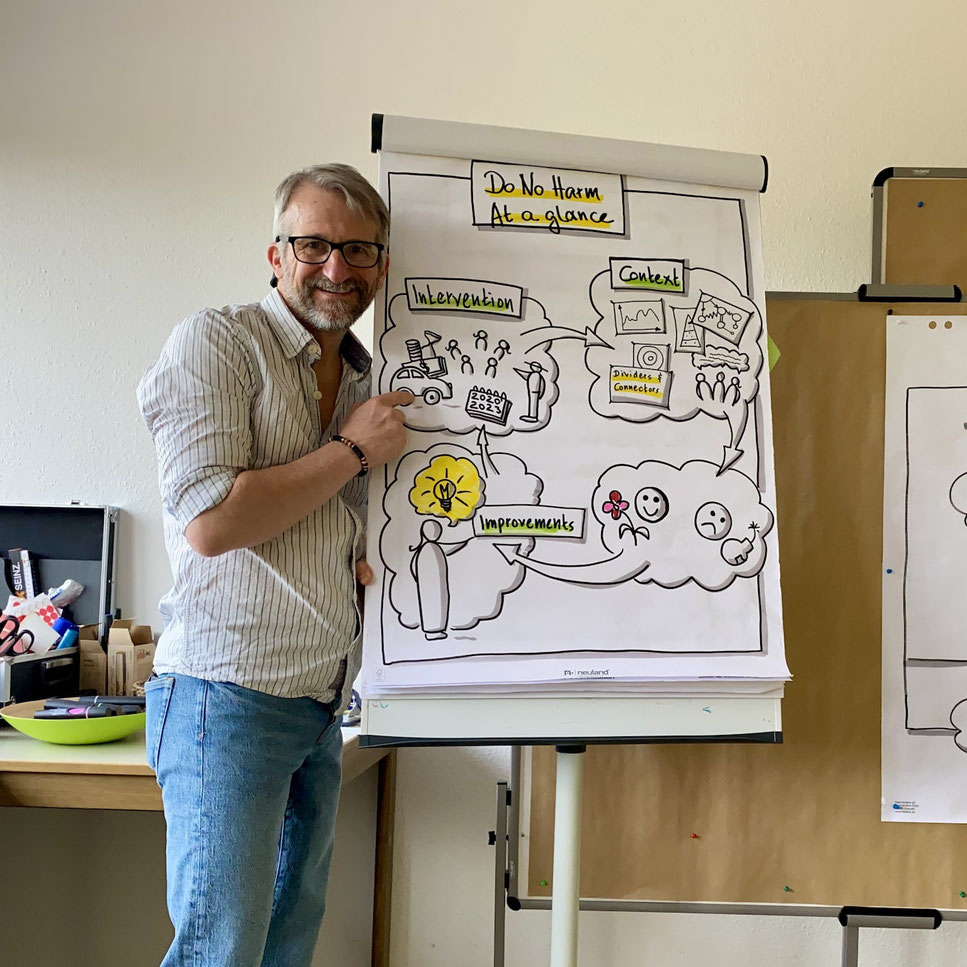Business Careers for Young People with Disabilities: A Smart, Empowering Path Forward
Starting a business career might feel intimidating — especially if you’ve grown up in systems that didn’t always prioritize accessibility, inclusion, or clarity. But here’s the thing: business is one of the most adaptive, creative, and open-ended fields out there. It rewards sharp thinking, pattern recognition, communication, and problem-solving — none of which require a specific body or neurotype. Whether you're a natural organizer, an idea machine, or someone who sees how things could run better, there’s a seat for you at the table. You don’t need to change who you are — you just need a map for the next move. This article breaks down the real-world paths into business careers: degrees, internships, jobs, and systems that work with you, not against you.
Internships Should Be Accessible — Here's What That Looks Like
Internships often act as a bridge between school and your first real paycheck — but they aren’t always designed with disability in mind. The good news is, more programs are rethinking their approach, and accessible internship program components are becoming more common. Look for internships that include job coaching, built-in accommodation planning, and clear task outlines. Internships embedded in inclusive companies or offered through vocational transition programs tend to have stronger support systems in place. You deserve to be evaluated on your work — not whether the environment makes it harder for you to succeed. Don’t settle for "sink or swim"; find programs that give you structure and momentum.
Mentors Can Change the Game — But They Have to Understand You
Career advice from someone who doesn't get your reality? Useless. That’s why mentorship — especially from people who understand disability — can accelerate your progress in ways no resume ever will. Seek out mentorship programs tailored for disabilities, where mentors can help you navigate job culture, access accommodations, and build your voice as a professional. Some of the most effective mentoring happens virtually, especially when transportation or sensory environments are barriers. Remember: you don’t have to figure out your career in isolation. A good mentor will show you what’s possible and walk with you while you figure it out.
Start with Jobs That Build Skills and Protect Your Energy
The first job doesn’t have to be your forever job — but it should teach you something and pay you with dignity. Many inclusive companies now post roles that are explicitly entry-level and disability-aware, especially in customer service, operations, and digital admin support. Explore curated job boards or nonprofit employment networks that maintain an inclusive employment opportunities list and screen out inaccessible workplaces. Don’t be afraid to start part-time while you build confidence or energy rhythm.
Use Financial Programs and Grants to Support Your Training
Getting the degree, certifications, or job training you want can be expensive — but there’s real financial help out there if you know where to look. Federal and nonprofit programs offer scholarships and grants for business careers aimed specifically at young adults with disabilities. These include disability-specific education funds, tuition support, and even tech stipends for adaptive devices. Applying can take effort, but the payoff is huge — it means access without debt traps. Many of these programs also offer soft skills training or job shadowing, giving you early exposure to business environments.
Start with a Profitable Degree That Gives You Options
Boosting your business acumen doesn’t require relocating or pausing your career — earning an online degree is one of the most flexible, practical ways to grow your expertise. A master of business administration equips you with skills in leadership, strategic planning, financial management, and data-driven decision-making to excel in diverse business environments. With programs designed for working adults, online degrees make it easy to work full-time and keep up with your studies. You can build your credentials, sharpen your critical thinking, and expand your career opportunities — all without sacrificing your current commitments.
Choosing a business career isn’t a workaround or a second-best option. It’s a high-agency, high-potential path that rewards clarity, creativity, and drive — qualities young adults with disabilities bring in abundance.
Guest post by Patrick Young. Patrick is the founder of Able USA, a resource page for people with a disability.
